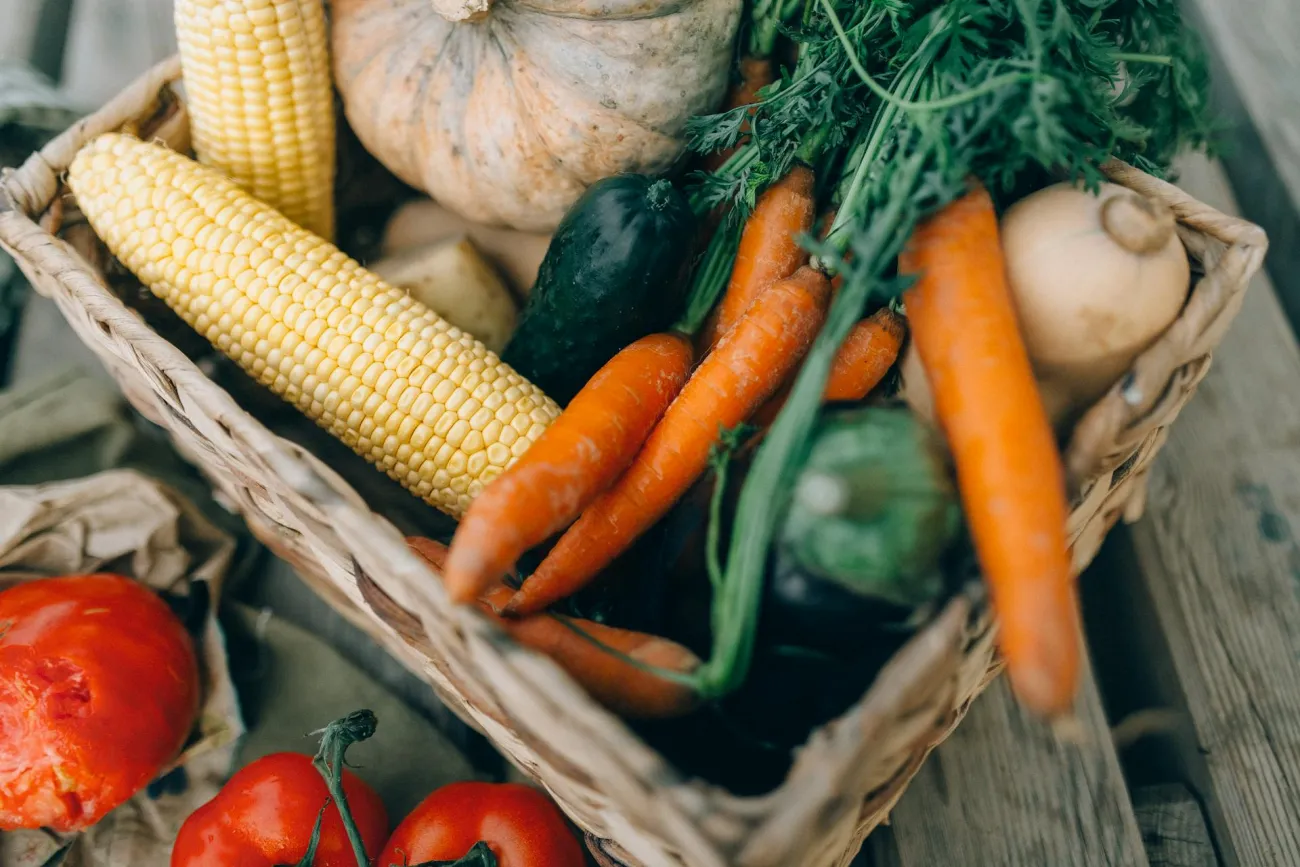Transforming the food system has become a mainstream conversation, but food systems interventions are diverse and generated by varied perspectives on the meaning of equitability and justice. For some, greater equity is gained through increased production or monetary support through aid, for others it requires redistribution of wealth and power or even the complete socio-economic transformation of society. This paper outlines four discourses of food system change; productionism, redistributionism, anti-capitalism and AID: donor rescue and compares the implications of these discourses for food system outcomes.

The authors define the desired state of the food system as one that delivers universal food and nutritional security in a way that does not compromise the economic, social and environmental base to generate such security now or for future generations. They highlight that the current food system is characterised by inequality and insecurity disproportionality affecting women, the poor, racial minorities, indigenous communities and those of lower social status. Furthermore, food system workers, a large part of whom are migrants, perform essential services for human survival whilst their livelihoods are characterised by food insecurity, informal contracts, inadequate remunerations and in the case of migrants the precarity of non-citizenship. In opposition, the food value chain is dominated by transnational corporations and capital accumulation, creating enormous asymmetries of power. Growing corporate consolidation is increasingly affecting governance of the food system, with corporate actors able to promote their interests through lobbying, shaping public discourse and marketing campaigns. As such the pursuit of equitable food systems must challenge social, political and economic structures. This paper impartially outlines four approaches to these disputes to understand their divergent consequences.
- Productionism - Within this discourse the production of goods from agriculture becomes the sole norm for ethical evaluation, guided by the understanding that hunger is a resource problem created by overpopulation. This usually coincides with an increase in yield maximising technologies eg. chemical inputs, GM seeds, mechanisation and digitalisation. The green revolution is a key example here with mixed results, improving the availability of some crops and positively impacting food security in some places, but equally generating negative consequences such as reductions in genetic diversity and resilience, pollution, increased malnourishment and loss of rural livelihood matched by an increased consolidation of foreign power. The authors highlight how this productivist discourse is implicit in the strategies of some large philanthropic foundations, as well as sustainable intensification, and the Sustainable Development Goal of doubling production of the bottom 40% of agricultural producers. However, there is current debate about whether increased production leads to improved food security, as well as wider issues of social justice, opportunities and democratic voice.
- Redistributionism - Understood as a transfer of income and wealth from some individuals and groups to others through government spending and taxation, this theory holds that there is near sufficient food produced, but that the ethical dilemma is in its improper distribution. Food waste, crops not used for human consumption and the affordability of a healthy diet are all central concerns of this discourse. However the ways in which redistribution is enacted range from a decentering of economic growth to the prioritisation of a human right to food and, at the far extreme, to degrowth as a central aim of the socio-economic system. Income floors and poverty reduction are key policies for ensuring the affordability of healthy and nutritious food; social protection measures are also forefronted to increase the resilience of the system. Additionally, strengthened employee protection, worker and migrant rights are essential for protecting vulnerable individuals in the system. However there are debates over whether redistribution goes far enough to counteract inequality in the food system.
- Anti-capitalism - This discourse sees inequality as an inherent outcome of a capitalist system that prioritises return on capital, where wealth creation is a direct result of exploitation of the environment and people. Most at risk here are indigenous and minority groups, and those considered ‘outside’ the capitalist system. Anti-capitalist discourse promotes the reorienting of the food system toward food sovereignty and justice, often expressed through grassroots activism. The anti-capitalist discourse condemns marginal control over food production and consumption as a condition for food disparities and inequities more broadly across social and economic hierarchies.
- AID: donor rescue - aid discourse refers to financial flows, technical assistance, and commodities provided as either grants or subsidised loans to developing countries. Aims include economic growth, income growth, improvement of education, health and wellbeing. Money transfer from North to South was common in the Post-War period and has surged with the Sustainable Development Goals. However, some critics argue that aid often fails to reduce poverty, stifles small businesses, encourages corruption, and deteriorates state capacities, thereby increasing inequality and creating dependency relationships. Attempts have been made to correct this by changing from a top-down to a bottom-up approach, giving democratic voice to those for whom aid is intended.
Recognising when these discourses come into play may reveal politics of inequity and embedded values that are concealed within competing directions of food system change. For example, neither productivism nor AID (increasing production efficiency for a specific group or redirecting money to specific groups) challenge accumulation in the hands of a few. Food system inequity is seen in these discourses as the regretful inevitability of inequality and the need to redress this. At the root of such interpretation of inequity in food systems is the centralization of economic growth in understanding societal wellbeing. Equally both redistribution and anti-capitalism offer a challenge to social, political, and economic structures that bound inequity. However the different alternatives they put forward harbour differing value assumptions about ‘the good life’, either characterised by a prioritisation of food, nourishment or livelihoods or alternatively by alternative forms of social arrangement focused on tradition, autonomy or indigenous culture.
These different value assumptions materialise in practice to generate winners and losers from specific food system interventions. For example, whilst both productionism and AID: donor rescue could work for a small-scale farmer through either doubling their production, or cash transfer, this may lead to accumulation of gains for those small-scale farmers who are already better off, and disadvantaging others based on divisions of class, race, gender and age, or preferencing those who own land compared with the proletariat worker. Equally, whether or not farm workers benefit from this increased production is determined by whether gains are distributed along the value chain. However, this leaves the responsibility for fair compensation in the hands of the farmer and employer, without challenging the broader societal inequities that are at play in the undervaluing of farm work.
Abstract
Calls to change or transform food systems have come to be widespread in recent years. With the recognition that current food systems are not only unsustainable but widely inequitable, these calls are increasingly articulated in terms of the need to craft “equitable food systems.” The purpose of this study is to question how “equitable food systems” are given meaning in ongoing discourses that shape the direction of food systems change. Finding the best strategies for food systems change is a subject of intense debate, making it an inherently political affair. In this study, our strategy for knowing about these politics is the analysis of discourses through which they are expressed. Through a literature review, this article identifies four discourses driving food systems change: (a) productionism, (b) redistributionism, (c) anti-capitalism, and (d) AID: donor rescue. Drawing on insights from existing literature, the study explores these discourses in relation to equity concerns. The analysis reveals that multiple meanings of “equitable food systems” exist, hinging on varied ideas about inequity, change, and the essence of human wellbeing. Materialising into practical strategies to progress food systems change, the multiplicity of meanings implies inevitable trade-offs when one is prioritized over the other. As such, through our analysis, we contend the need for more democracy when negotiating policy directions forward. All four discourses might have some merit that could become advantageous in finding contextually appropriate pathways toward more equitable food systems. However, corporate voices and perspectives tend to be louder than those of producers, workers, and consumers, reflecting and reproducing power imbalance within policy negotiations and the global society more broadly. Bridging such a power divide is thus essential to balance out food systems change discourses to allow for conductive combinations of elements from each to be created to anchor pursuits in food systems change that truly foster more equitable ways going forward.
Reference
Juskaite, G. and Haug, R., 2023. Multiple meanings of “equitable food systems”: food systems and discursive politics of change. Frontiers in Sustainable Food Systems, 7, p.1127562.
Read the full article here and see also our recent blog on needing a common language for food system dialogue




Comments (0)